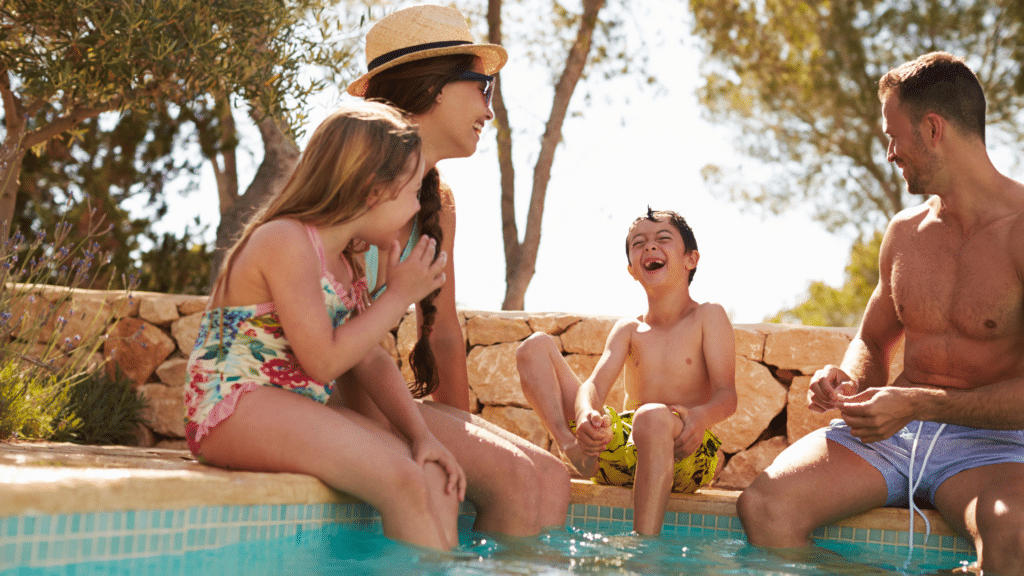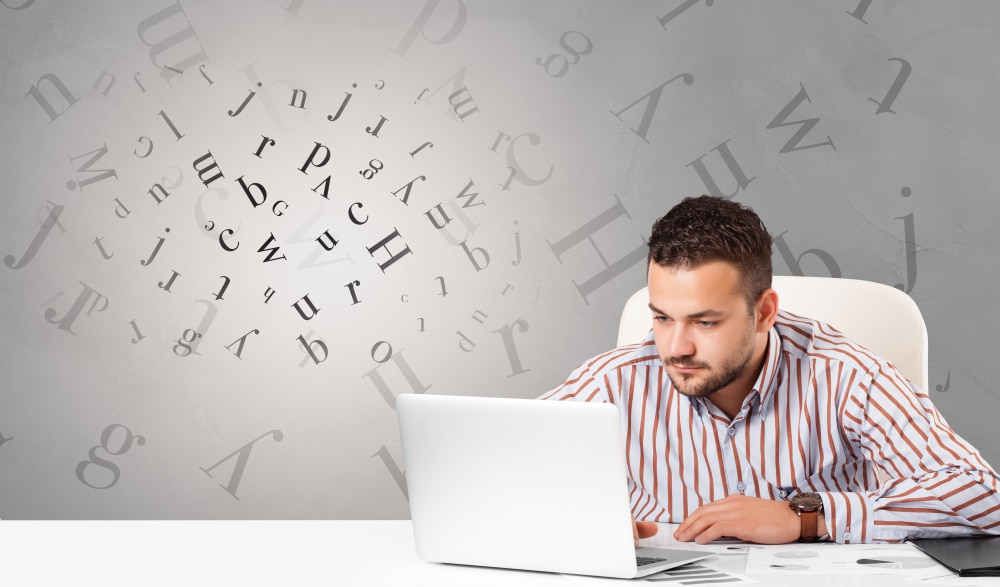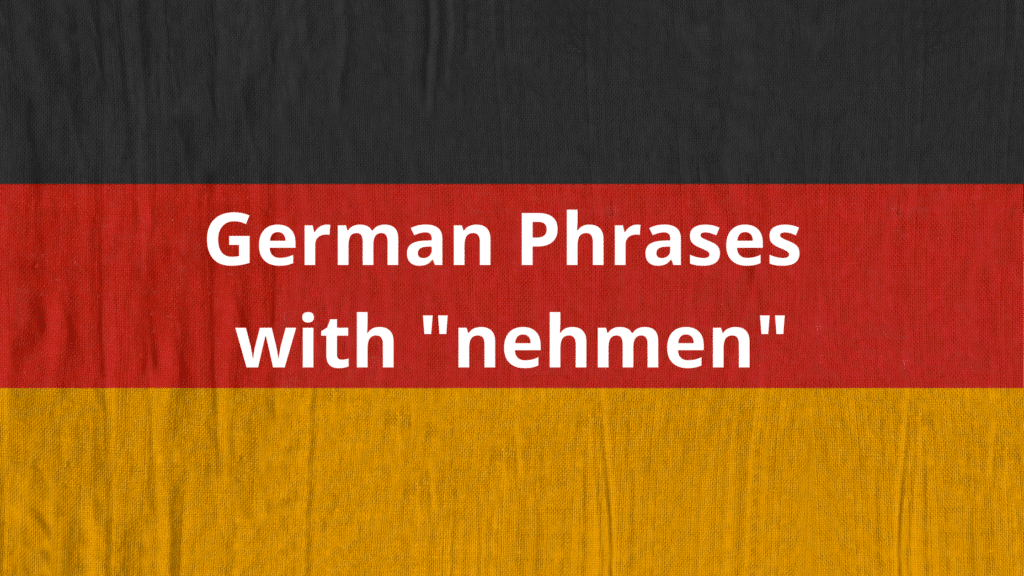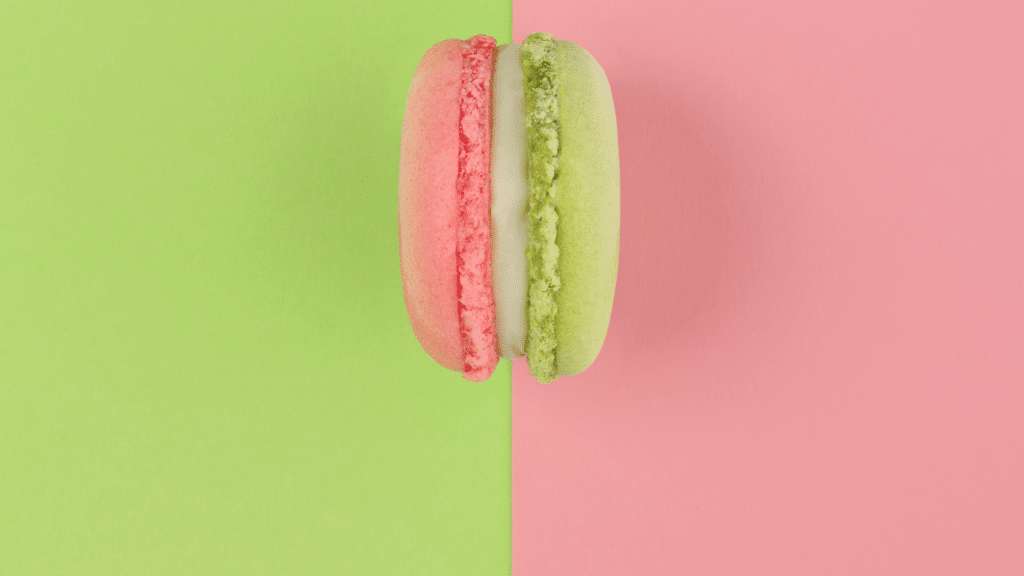
12 German Phrases with Machen
Germans love the verb “machen”. We “machen” a lot of things. As a matter of fact, we “machen” so many things that it can be a bit confusing to an English-speaking German learner. Part of the confusion comes from the translation. The most straight forward translation is “to make”, but it can also be translated with “to do”. There are quite a number of phrases in German that use the verb “machen” but translating “machen” into English is just as confusing for a German speaker, who may have asked you what you are ‘making’ this weekend, or if you like to ‘make’ sports.
Here are some of the most common phrases and expressions that use “machen” in German:
1. ein Photo machen
In German, we don’t “take” a photo, we make a photo. So, you may hear someone say “Kannst du von mir ein Photo machen?” (Can you take a picture of me.), or “Mach mal schnell ein photo!” (Go ahead and take a picture quickly!”)

2. Urlaub machen
In English, we usually go on vacation, or we take a vacation. We can even make a verb out of it and say, “We sometimes vacation in Italy.” In German, we say “Urlaub machen”, which literally means “to make vacation”. But we can also “in den Urlaub fahren”, which literally means “to drive into the vacation”.

3. Sport machen
To generically speak about doing exercise, Germans also use the verb “machen”. You can “machen” Sport, Yoga or Pilates, and it will refer to doing exercises or exercising. For example, someone might say “Ich mache viel mal pro Woche Sport.”, which literally means, “I make sports four times a week”, but it means “I exercise four times a week.”

4. blau machen
When a German tells you that they are going to “make blue”, it means that they are going to play hooky. But be careful with the color blue. If you change it to “blau sein” (to be blue) you are actually saying you are drunk, unlike the English version, which means you are sad or depressed. But the next time the weather is just too beautiful, a German might secretly tell you: “Ich mache heute blau!”

5. (eine) Pause machen
To be fair “taking” a break is just as confusing to a German as “making” a break to an English speaker. In German we “make breaks” so you might hear someone say “Wollen wir eine Pause machen? (Do we want to take a break?) or “Ich muss schnell Pause machen.” (I need to take a break quickly.)

6. (eine) Diät machen
In English most people go on a diet and then are on a diet. In German, it is another expression that we like to use “machen” for. Like in the above example, we can get away with leaving out the article (eine). As a new year’s resolution, you might hear someone say, “Ich muss unbedingt eine Diät machen!”. (I definitely need to go on a diet)

7. (eine) Party machen
“making” a party is not the only way you can party in German. We do also “schmeißen” (throw) a party or “geben” (give) a party. “Party machen” without the article is usually used to express “to party”. For example: “Wollen wir Party machen?” (Do we want to party?”, whereas the other two are mostly used for organizing and hosting a party.

8. jemanden fertig machen
The expression “to make someone ready” can be used in a few ways, all of which are for colloquial use, and not for formal speech. In sports it can be used when one opponent obliterates the other. For example, “FC Bayern wird Werder Bremen fertig machen!”. (FC Bayern will destroy Werder Bremen.). When you “fertig machen” a specific person, it usually means you are going to really (and severely) put them in their place. For example: “Wenn er mich bis morgen nicht anruft, mache ich ihn fertig!” (If he doesn’t call me by tomorrow, I will really lay into him.” If we remove the person “jemanden” from the equation and replace it with “etwas” (something) then it can quite literally mean “to finish something”, or “to make something finished”. “Ich mach meine Hausaufgaben fertig.” (I am finishing my homework.)

9. etwas machen
If you know any Germans, it’s possible that one of them has asked you “What are you making?”, and you wondering where they got the idea that you are crafting something. What they mean is “What are you doing?”. “Was machst du?” is the German “What are you doing?”, but you can also ask someone “Willst du am Wochenende etwas machen?”, which literally means “do you want to make something this weekend?” but means “Do you want to do something/hang out this weekend.”

10. eine Ausbildung machen
If someone tells you they are “eine Ausbildung machen”, it means that they are doing an apprenticeship or training. This phrase can be followed by the preposition “als” or “zu + article)”: “Ich mache eine Ausbildung als/zur Ernährungsfachfrau” (I’m training to be a nutritionist).

11. Brotzeit machen
This phrase literally translates to “to make bread time”. “Brotzeit” is a type of snack, usually in the mornings between breakfast and lunch, but it can also just mean “snack”. So, if someone is suggesting “Lass uns Brotzeit machen!” (let us make bread time), they are suggesting taking a break and having a snack.

12. sauber machen
You can probably figure out what “sauber machen” means. “sauber” is the adjective “clean”, so when someone says “Ich mache sauber.” it means they are cleaning. You can, of course, also make something clean, such as “Ich muss mein Auto sauber machen”. (I need to clean my car).

Have you heard any other expressions with “machen”? Feel free to share!
Want to improve your German? Move past basic German and check out our online classes!





Good day!
Can you say “Er hat einen Kafee gemachen” or does it always have ro be “Er hat einen Kafee gemacht”
Thanks!
Hi Ina. Thanks for your great question! You would need to use the corrected grammar of “Er hat gemacht.” Otherwise you are headed in the right direction! Also, sign up to join our learning community for free so you can ask grammar questions and get answers quickly. learn.corelanguages.com
I have read so many articles or reviews about the blogger lovers but this post is in fact a good post, keep it up.